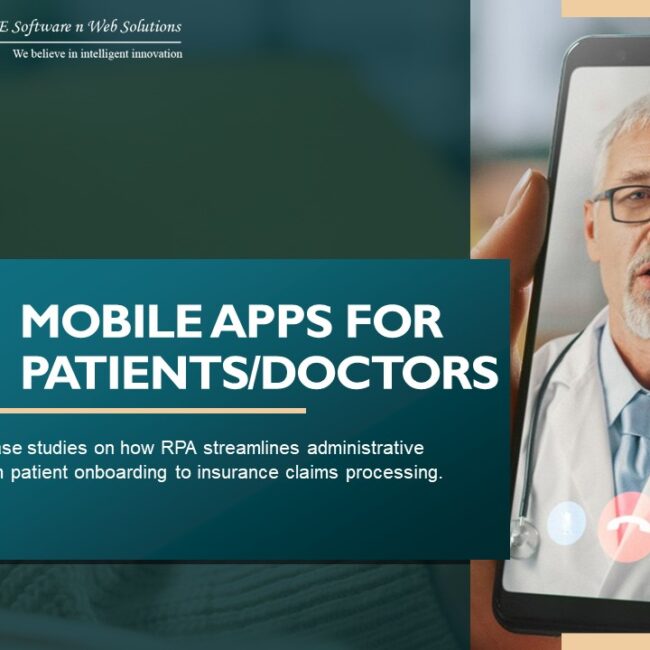
Developing Mobile Apps for Enhanced Classroom Engagement
In today’s digital age, mobile technology has the potential to transform educational experiences, making learning more interactive, accessible, and engaging. For primary and secondary education decision-makers, developing mobile apps tailored to classroom needs offers a unique opportunity to enhance student engagement and learning outcomes. This blog explores the critical aspects of developing mobile apps for education, including key features, benefits, and implementation strategies, to empower educators and learners alike.
The Case for Mobile Apps in Education
Mobile apps in education can bridge the gap between traditional teaching methods and the digital world in which students live. They provide:
- Interactive Learning: Engaging students through interactive content and gamification.
- Accessibility: Offering learning opportunities anytime, anywhere, making education more inclusive.
- Personalized Experience: Tailoring content to meet individual learning styles and needs.
Key Features of Educational Mobile Apps
Interactive Content and Gamification
Incorporating interactive elements and gamification into educational apps can significantly increase engagement by:
- Utilizing quizzes, puzzles, and games to reinforce learning.
- Offering rewards and badges for completing challenges and achieving goals.
- Enabling interactive storytelling and problem-solving scenarios.
Real-time Feedback and Assessment
Providing immediate feedback through mobile apps can help students understand their progress and areas for improvement:
- Automated quizzes and tests that offer instant grading.
- Feedback loops that guide students on how to improve their performance.
- Progress tracking features that allow students and teachers to monitor achievements over time.
Collaborative Learning Tools
Facilitating collaboration among students and between students and teachers can foster a more inclusive and interactive learning environment:
- Features for group projects and peer-to-peer communication.
- Forums and discussion boards for sharing ideas and solving problems together.
- Real-time document editing and sharing capabilities.
Benefits of Mobile Apps in Education
Enhanced Student Engagement
Mobile apps can transform passive learning into an active, engaging experience, leading to higher motivation and interest in the subject matter.
Improved Accessibility
With mobile apps, education is not confined to the classroom, allowing students to learn at their own pace and on their own schedule.
Personalized Learning Paths
Apps can adapt to individual learning styles and speeds, providing personalized pathways that meet each student’s unique needs.
Implementing Mobile Apps in the Classroom
Engage with Stakeholders
Gathering input from teachers, students, and parents can provide valuable insights into the features and functionalities that will make the app most effective.
- Conduct surveys and focus groups to understand user needs.
- Involve educators in the design process to ensure the app complements curricular goals.
Choose the Right Development Partner
Selecting a development team with experience in educational technology is crucial for creating a user-friendly and effective app:
- Review portfolios and case studies to evaluate expertise.
- Consider the development partner’s approach to user experience and design.
Pilot and Iterate
Before a full rollout, piloting the app with a small group of users can provide essential feedback for improvements:
- Implement a pilot program in select classrooms or grades.
- Collect feedback from users and make necessary adjustments.
Professional Development and Support
Ensuring teachers are trained and comfortable with the new technology is key to its successful implementation:
- Provide professional development sessions on using the app in teaching.
- Offer ongoing support to address technical issues and updates.
The Future of Mobile Apps in Education
As technology advances, the potential for mobile apps in education continues to grow. Future developments may include augmented reality (AR) experiences, AI-driven personalized learning, and seamless integration with classroom technology, further enhancing engagement and learning outcomes.
In conclusion, developing mobile apps for education presents a powerful tool for enhancing classroom engagement and facilitating personalized, accessible learning experiences. By focusing on interactive content, real-time feedback, and collaborative tools, and by involving stakeholders in the development process, educational institutions can harness the potential of mobile technology to support student success in the digital age.




